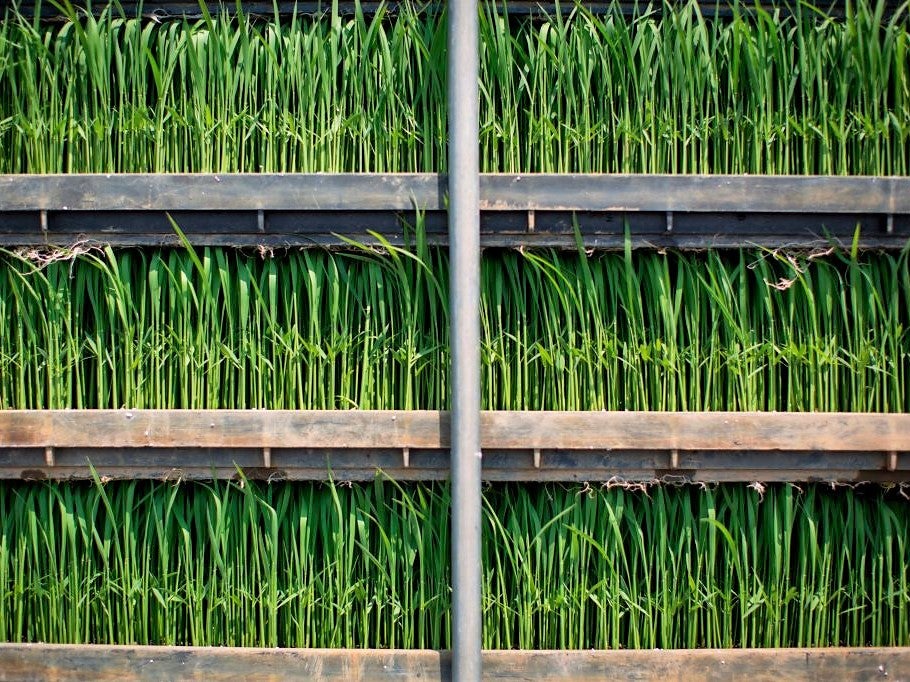‘Supercharged’ rice sees crop yields improve 40%
‘I don’t think I’ve ever seen anything quite like that before,’ says one researcher

Chinese scientists have discovered a way to boost the yield of rice crops by up to 40 per cent through tweaking the plant’s genes.
A team led by plant biologist Wenbin Zhou from the Chinese Academy of Agricultural Sciences (CAAS) found that the change allowed the plant to absorb more fertiliser, increase photosynthesis and accelerate flowering.
The experiments ran for three years in climates ranging from temperate to tropical, with researchers hopeful that the “supercharged” technique could be applied to other crops.
“I don’t think I’ve ever seen anything quite like that before,” said Matthew Paul, a plant genetecist at Rothamsted Research, who was not involved in the work.
The scientists hope it can address global food shortages brought about by rising population growth and conflict-related supply chain issues.
“To achieve the required yield increases and make agriculture more sustainable, intensified breeding and genetic engineering efforts are need to obtain new crop varieties with higher photosynthetic capacity and improved nitrogen use efficiency,” stated a paper detailing the research, published in the scientific journal Science.
“Our work demonstrates that by genetically modulating the expression of a single transcriptional regulator gene, substantial yield increases can be achieved while the growth duration of the crop is shortened.”
Improving photosynthesis is seen as one of the most promising avenues for increasing crop yields, though genetically modified foods, including transgenic crops, have faced opposition from both consumers and regulators in recent years.
Pushback has begun to soften, however, amid growing food insecurity that could see millions of people face shortages and even famine this year.
A recent assessment by Intergovernmental Authority on Development found that more than 50 million people across East Africa will be impacted by the region’s food crisis, while three million people face “emergency and catastrophic levels of hunger, risking death”.
Join our commenting forum
Join thought-provoking conversations, follow other Independent readers and see their replies
Comments
Bookmark popover
Removed from bookmarks